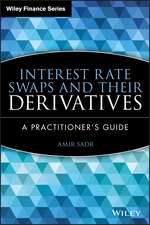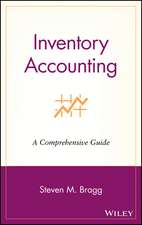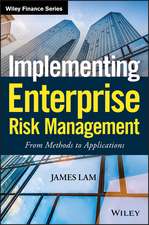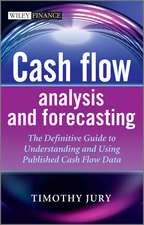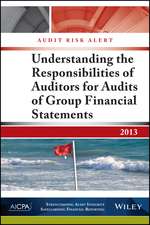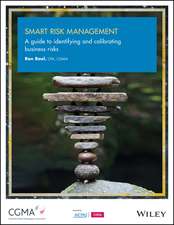Agent–based Modelling of Tax Evasion – Theoretical Aspects and Computational Simulations: Wiley Series in Computational and Quantitative Social Science
Autor S Hokampen Limba Engleză Hardback – 15 mar 2018
Preț: 548.95 lei
Preț vechi: 596.68 lei
-8% Nou
Puncte Express: 823
Preț estimativ în valută:
105.04€ • 109.68$ • 86.74£
105.04€ • 109.68$ • 86.74£
Carte tipărită la comandă
Livrare economică 15-29 aprilie
Preluare comenzi: 021 569.72.76
Specificații
ISBN-13: 9781119155683
ISBN-10: 1119155681
Pagini: 376
Dimensiuni: 163 x 229 x 23 mm
Greutate: 0.59 kg
Editura: Wiley
Seria Wiley Series in Computational and Quantitative Social Science
Locul publicării:Chichester, United Kingdom
ISBN-10: 1119155681
Pagini: 376
Dimensiuni: 163 x 229 x 23 mm
Greutate: 0.59 kg
Editura: Wiley
Seria Wiley Series in Computational and Quantitative Social Science
Locul publicării:Chichester, United Kingdom
Public țintă
Primary Practitioners and tax evasion modellers both in the agent–based computational domain and using other methodologies.Secondary– Academia and higher education as a point of reference in teaching tax evasion modelling or in agent–based modelling.
Cuprins
Notă biografică
Sascha Hokamp, PhD is a member of the Research Unit for Sustainability and Global Change (FNU) and of the Center for Earth System Research and Sustainability (CEN), Universität Hamburg. His research topics include illicit activities (tax evasion and doping in elite sports) and the shadow economy. László Gulyás, PhD is Assistant Professor at Eötvös Loránd University, Budapest. He is a former Head of Division at AITIA International, Inc. He has been doing research on agent-based modeling and multi-agent systems since 1996. Matthew Koehler, PhD is the Applied Complexity Sciences Area Lead for US Treasury/Internal Revenue Service, US Commerce, and Social Security Administration Program Division at The MITRE Corporation. Sanith Wijesinghe, PhD is Chief Engineer of the Model Based Analytics department at The MITRE Corporation.
















